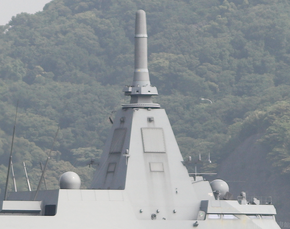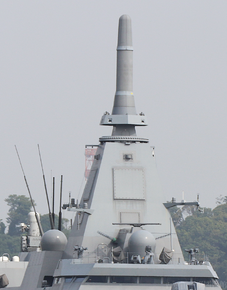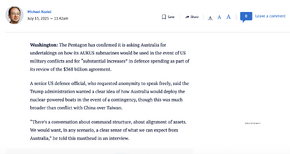This is going to be politically very difficult for the Australian Government to accept.
After this masthead confirmed the Pentagon wants the question answered, the Prime Minister reiterated the submarine pact was for “peace and security in our region”.

www.theage.com.au
View attachment 53168
I think it is an interesting position for the Americans to ask us for a commitment to militarily support Taiwan, when the American position to support Taiwan remains ambiguous and uncommitted.
The Americans have their own internal dissenting views on the Colby review, which are still being worked through (somewhat messily by the looks of things). Colby is being publicly blamed for stopping weapons transfers to Ukraine with little cover from his superiors, which is an unusual outcome and I would suggest is an act by others to deliberately reduce his influence. The congress armed service committee members (who will all outlast this administration) are known to be stong AUKUS and Australia advocates. I think there will be balance (and a moderation to above) before an official position is released.
I observe in general that America (including Trump) is being careful with Australia. While Albanese may not have had a meeting with Trump (which is not necessarily a bad thing), we have avoided much of the harsh language dished out to other allies such as Japan, S Korea, Europe and Canada.
I think there is a reason for this, firstly we have a lot of supporters within the American political and military organisation and this runs deep. It might not be public, but it acts as a counter weight behind the scenes. Secondly, we have strategic facilities that the Americans want (Darwin and FBW) that they will be careful not to disrupt.
I would also suggest Australia is very effective in diplomacy and we have to date been active in behind the scenes discussions. Aparently even Kevin Rudd has had a face to face with Trump earlier in the year. America would also be aware that we very competently dealt with China when they tried the coercive pathway, and we have a reputation for holding firm in the face of agression. That approach doesn't work with us.
I would also suggest it is no coincidence that Albanese is in China on a very public tour, meeting with Xi, right at the same time America is finalising the AUKUS assessment and other trade conditions that may impact Australia. This is a subtle demonstration of our influence and ability to fustrate the Americans if we choose to do so.




